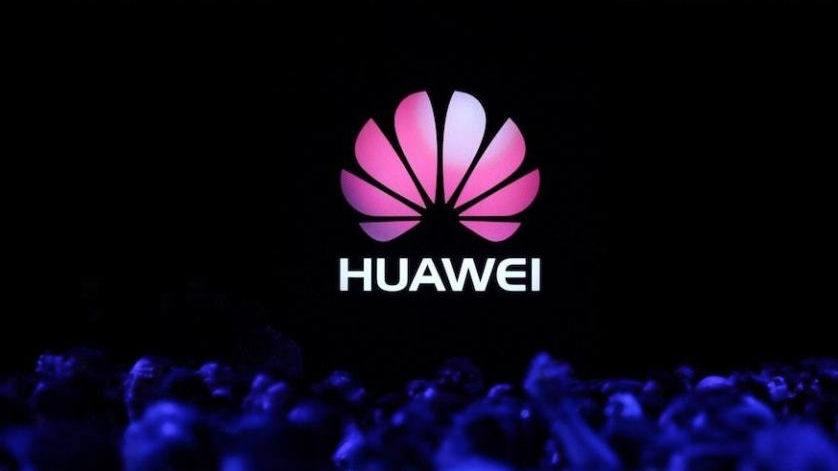Why Huawei’s latest smartphone makes Americans go white

Huawei's latest smartphone surprised analysts because it contains a 7-nanometer chip, demonstrating how China, despite Western restrictions, is advancing in the development of semiconductors. But it's too early to sing victory: that's why
Huawei's latest smartphone, the Mate 60 Pro, is perhaps proof that the Chinese chip industry, despite Western restrictions, is progressing.
China lacks advanced semiconductor design and manufacturing capabilities, and is dependent on imports. But the sales controls imposed months ago by the United States (and then by Japan and the Netherlands) are making it difficult to access the basic technologies for the development of artificial intelligence, for example: without cutting-edge microchips, in short, the Beijing's digital and industrial progress could be adversely affected.
SMIC'S KIRIN 9000S CHIP
The Kirin 9000s chip in Huawei's new smartphone uses an advanced seven-nanometer processor made in China by SMIC, China's largest semiconductor company. This was revealed by Bloomberg , given that Huawei – which marketed the Mate 60 Pro last week – had not provided the technical specifications. That SMIC had caught up with this generation of semiconductors, however, was already known .
THE AMERICAN RESTRICTIONS
On September 1, the Chinese English-language newspaper China Daily , linked to the Communist Party, wrote that "there is hope that Chinese companies will be able to overcome the US government's sanctions and restrictions on the supply of chips" and put on the market smartphones with 5G connectivity equipped with semiconductors made in China.
But it's too early to claim victory. In the absence of foreign technology, Chinese companies could have great difficulty going beyond seven nanometers, less avant-garde and less performing than the four-nanometer devices present in Apple's latest iPhones, for example.
The US export controls, to which Japan and the Netherlands have adhered, are precisely aimed at limiting China's ability to develop advanced microchips, which are as essential for economic and industrial progress as they are for military development.
CHINESE COMPANIES STOCK AMERICAN CHIPS
Fearing that the US government might impose further restrictions, major Chinese technology companies have rushed to buy high-performance microchips from NVIDIA, one of the world's largest semiconductor companies based in Santa Clara, California. Baidu, ByteDance, Tencent and Alibaba have all ordered $5 billion worth of processors from NVIDIA.
However, Huawei's approach is not clear – underlines Quartz . The fact that the Mate 60 Pro has sold out in a short time suggests that the availability of SMIC's advanced processor is limited. Or Huawei may have tapped into stocks of chips made by Taiwanese company TSMC, the biggest in the industry, and purchased before September 2020, when the US imposed sanctions on Huawei to prevent it from accessing these devices.
This is a machine translation from Italian language of a post published on Start Magazine at the URL https://www.startmag.it/innovazione/huawei-mate-60-pro-chip-avanzato/ on Wed, 06 Sep 2023 13:50:51 +0000.
